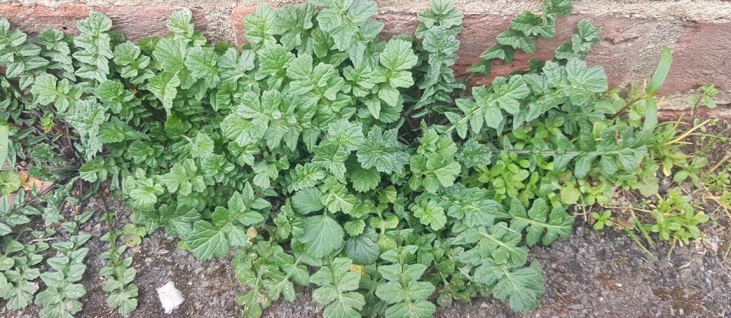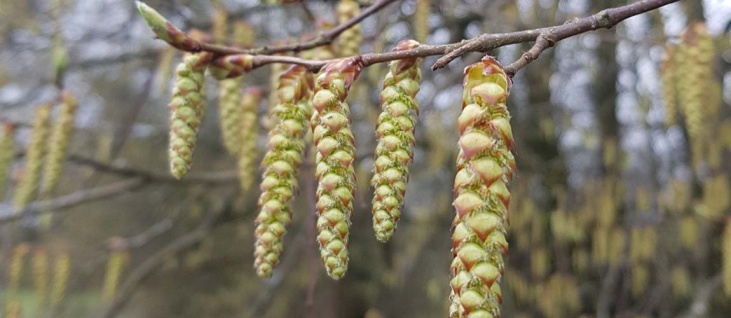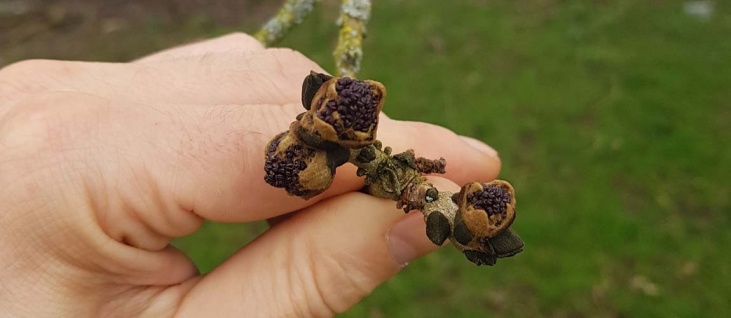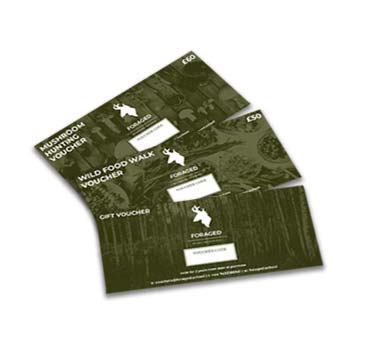Description
Being able to identify trees and having knowledge of their properties and uses is an important part of the bushcrafter's skill set. Knowing whether your firewood is toxic, how long it will burn for, does it split well, is it suitable for cordage, will it provide tinder, what fungi are associated, is it medicinal are just a few of the many questions we can ask when considering a species of tree to use.
On this one day course you will learn about Castanea sativa a.k.a. sweet chestnut which although non-native to the UK can be found in abundance due to it's history of being coppiced - a sustainable method of timber production. Being a non-toxic tree sweet chestnut is ideally suited for applications involving food such as cooking equipment/utensils and collecting/storing containers and is therefore of particular interest to those practising bushcraft and foraging. There's no point learning a single species in isolation so you will also be shown some of the other trees you are likely to confuse with sweet chestnut.
Sessions
The day is split into four sessions with two 30 minute brew breaks and 1 hour for lunch.
- Tree ID and materials harvest - The day starts with a foraging walk in the bluebell laden woods at Colin Godmans to gather the materials you will need for the remaining sessions. You will be harvesting small diameter timber with use of a folding saw. You will also be harvesting some roots on this walk for use as cordage - what roots will depend on what suitable trees present themselves on the day.
- Processing - In the second session you'll be removing the bark from the timber you just collected and preparing it for craft use by cutting into strips for weaving or cordage making. As a bonus the 'waste' heart wood you are left with is exceptional for creating a rough and ready spatula within a few minutes which can be very handy when you're camping, the lights drawing in, you've started to cook and realise you've left your cooking utensils at home!
- Cordage - After lunch you'll be learning how to make your own string that you can then use to stitch a bark container or make a strap or lash a rim to a basket and so on. You will learn two cordage methods for bark work application. String from the sweet chestnut inner bark and roots from other trees.
- Bark sheet work - With the stitching material sorted its now time to think about making a container. In the final session you'll be making a berry collector to take home either by cutting, folding and stitching a single piece of bark or by weaving together strips - your choice.
Skills covered
- Tree ID
- Using small tools in the outdoors (knives & saws)
- How to safely and sustainably harvest small diameter timber
- Outer and inner bark removal
- Safely splitting small diameter timber
- Green woodworking - make a spatula
- Cordage from bark and roots
- Bark containers from sheets or weaves
3 course lunch
All of our one day ForagedTM courses include a 3 course lunch showcasing wild foods.
When booking onto one of these courses make sure you inform us of any dietary requirements, food allergies, pregnancy etc. during the checkout process.
Refreshments
Hot water for drinks will be provided by way of a brewfire kettle. Foraged teas and cordials will also be provided.
What we do not provide is any caffeine, sugar or dairy but you are more than welcome to bring your own if you need to.
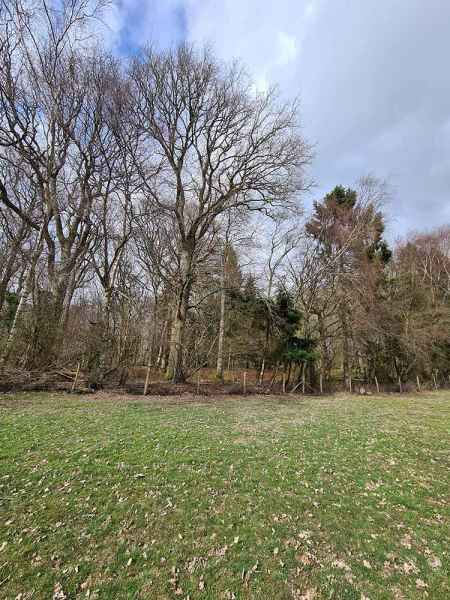
Basecamp at Colin Godmans
SweetChestnut
Early spring basecamp at Colin Godmans
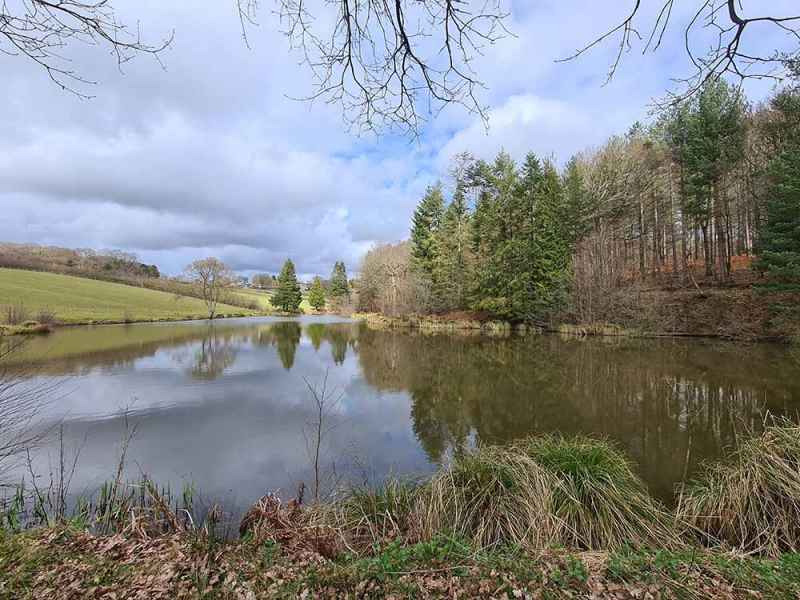
Trout lake 1 at Colin Godmans
SweetChestnut
The first lake at Colin Godmans
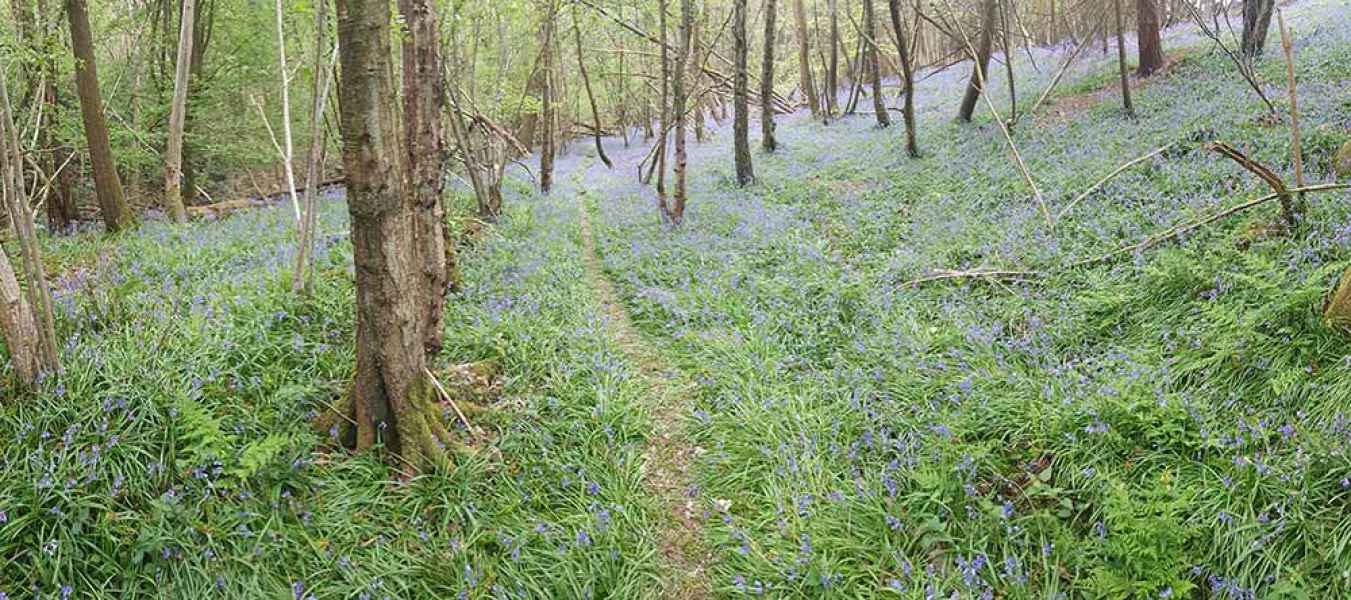
Bluebells at Colin Godmans Farm
SweetChestnut
Bluebells at Colin Godmans Farm
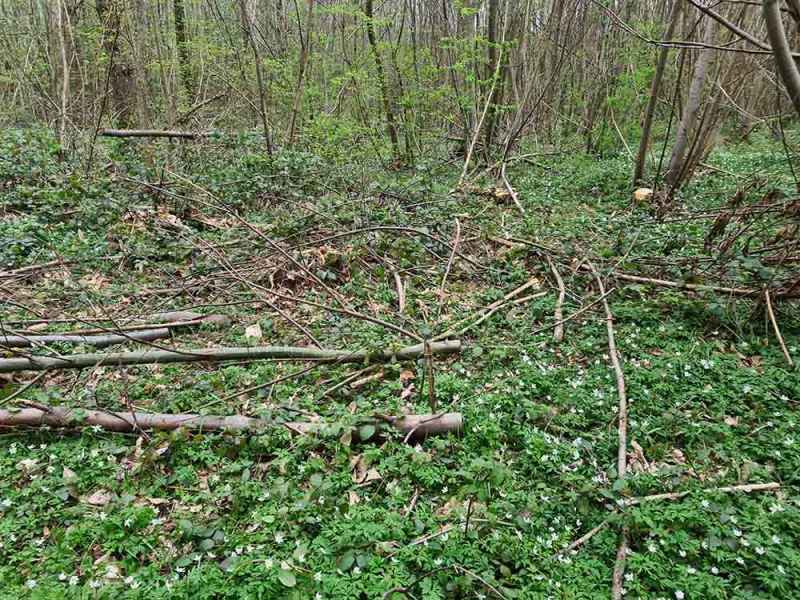
Small diameter sweet chestnut
SweetChestnut
Small diameter sweet chestnut
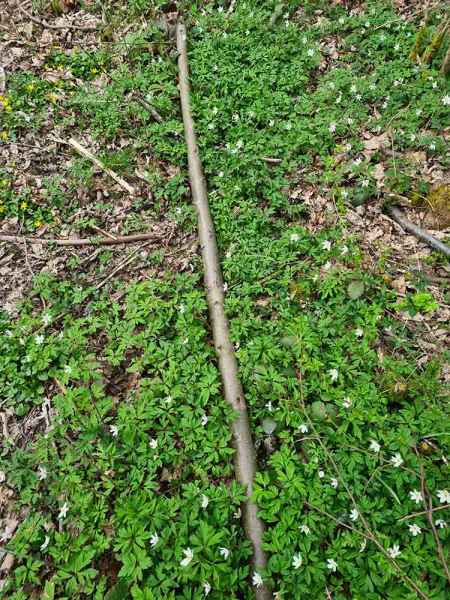
Nice straight small diameter sweet chestnut
SweetChestnut
Nice straight small diameter sweet chestnut
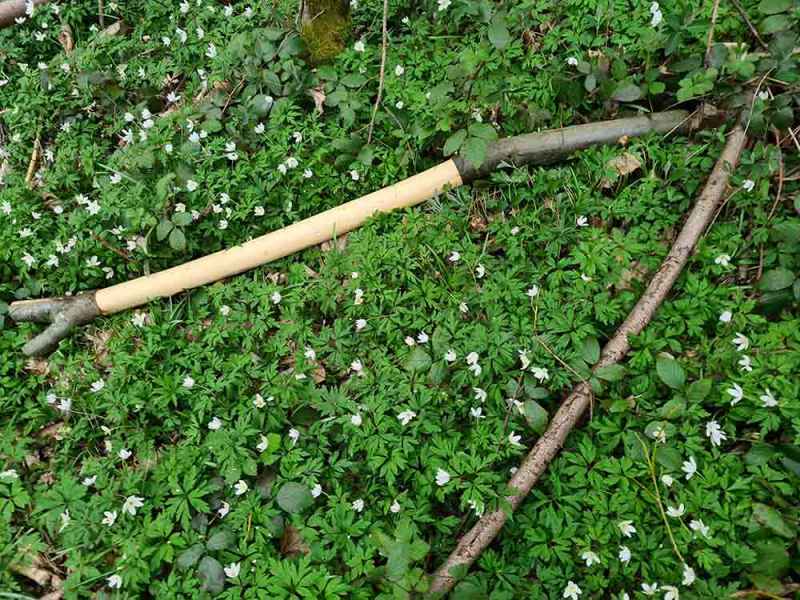
Heartwood of small diameter sweet chestnut
SweetChestnut
Heartwood of small diameter sweet chestnut
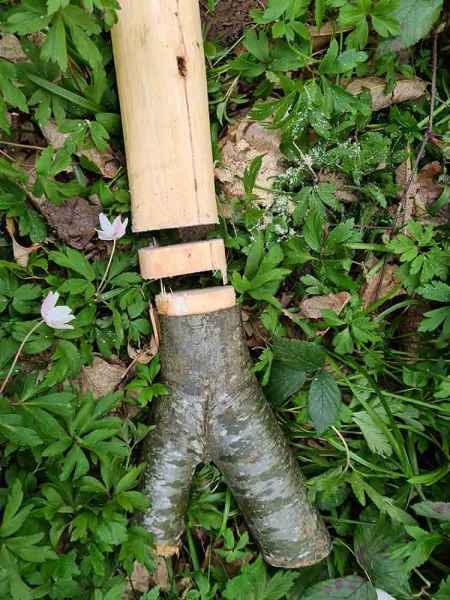
Disc cut to plug container
SweetChestnut
Disc cut to plug container
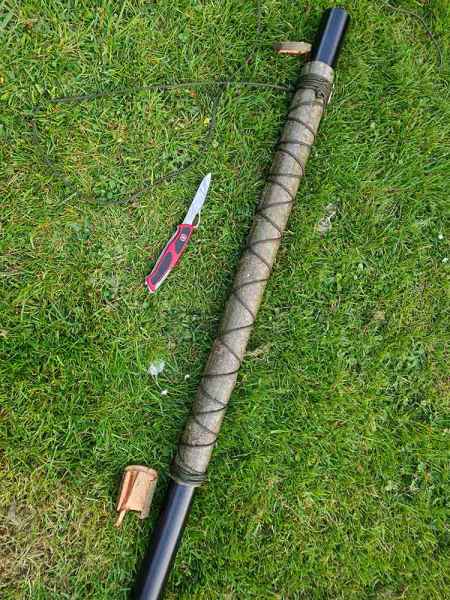
Sweet chestnut bark wrapped around pipe
SweetChestnut
Sweet chestnut bark wrapped around pipe to dry
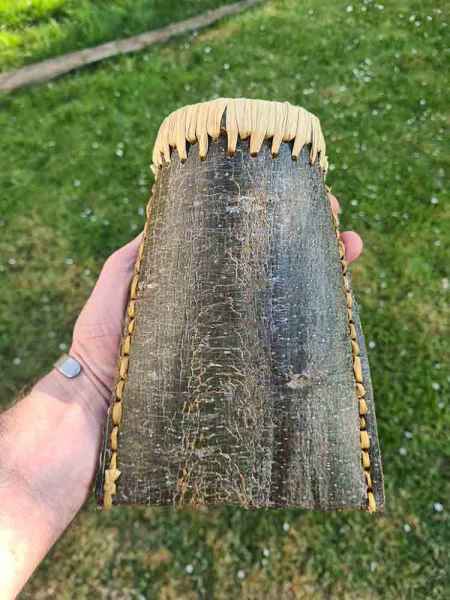
Quickly made green bark berry collector
SweetChestnut
Quickly made green bark berry collector
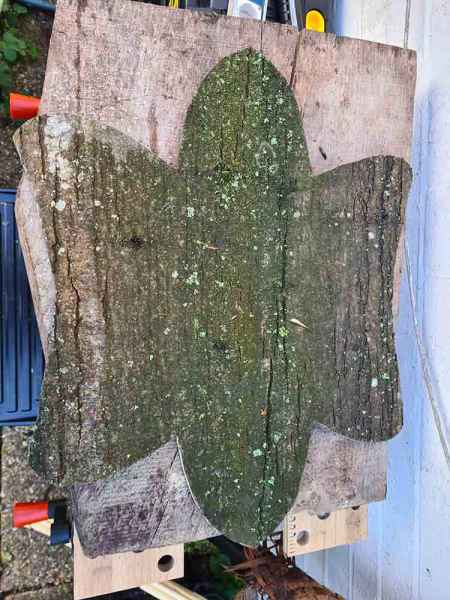
Large sheet of sweet chestnut bark
SweetChestnut
Large sheet of sweet chestnut bark
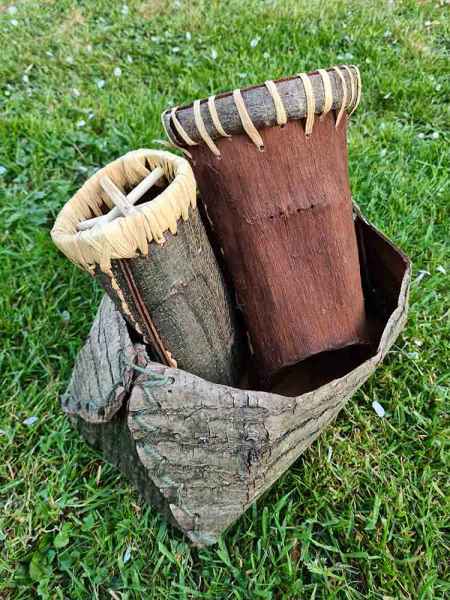
Sweet chestnut containers
SweetChestnut
Sweet chestnut containers
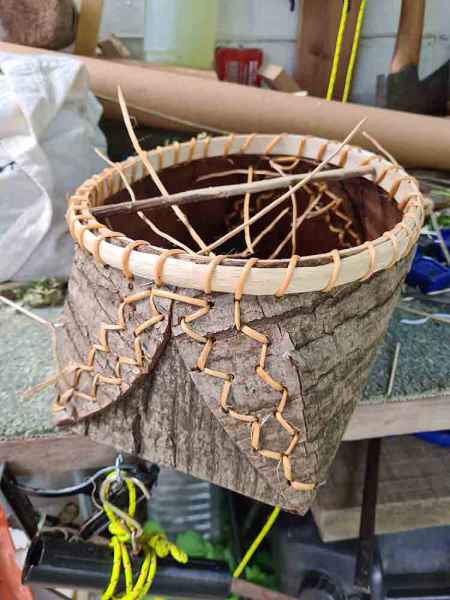
Sweet chestnut container stitched
SweetChestnut
Sweet chestnut container stitched with roots
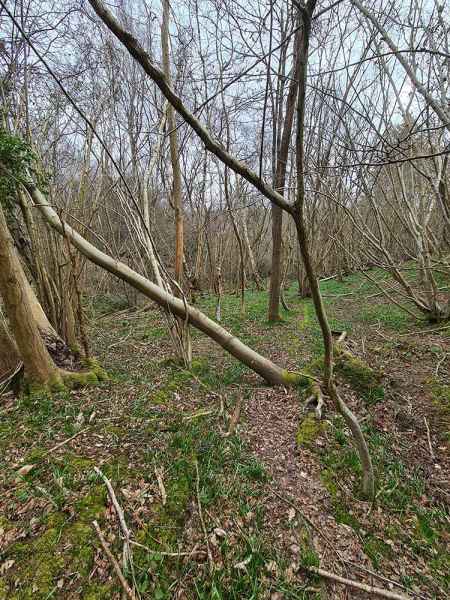
Medium diameter sweet chestnut
SweetChestnut
Medium diameter sweet chestnut
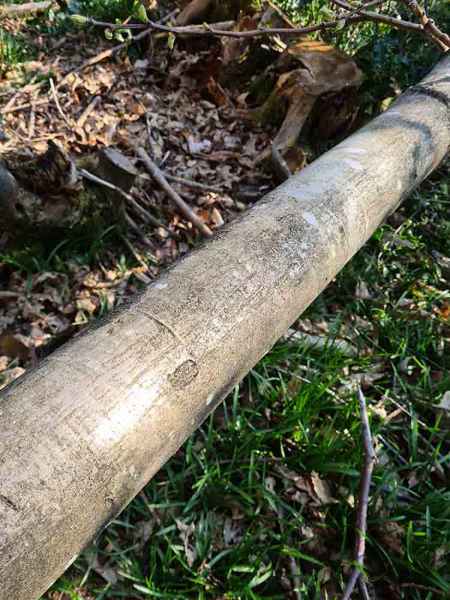
Windblown medium diameter sweet chestnut
SweetChestnut
Windblown medium diameter sweet chestnut
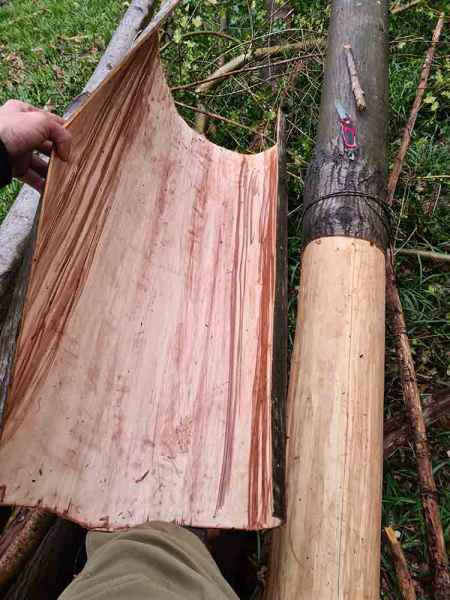
Large sheet of sweet chestnut bark removed
SweetChestnut
Large sheet of sweet chestnut bark removed
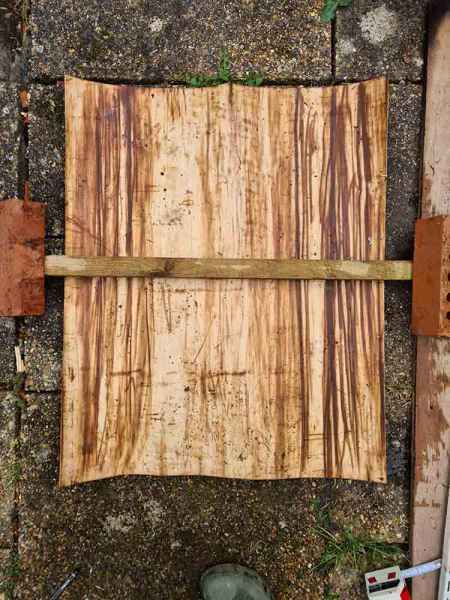
Sweet chestnut bark flattened
SweetChestnut
Sweet chestnut bark flattened
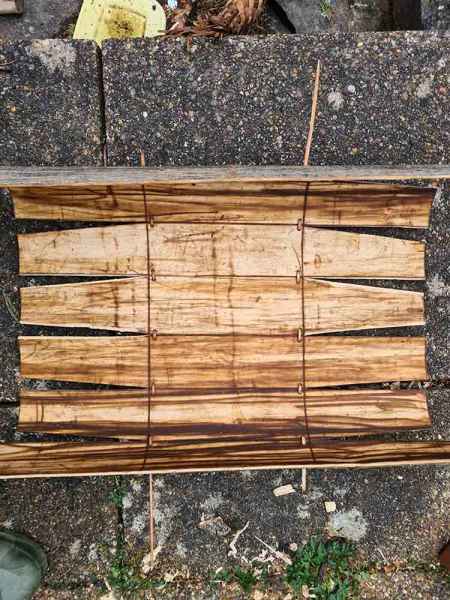
Sweet chestnut pattern cut
SweetChestnut
Sweet chestnut pattern cut
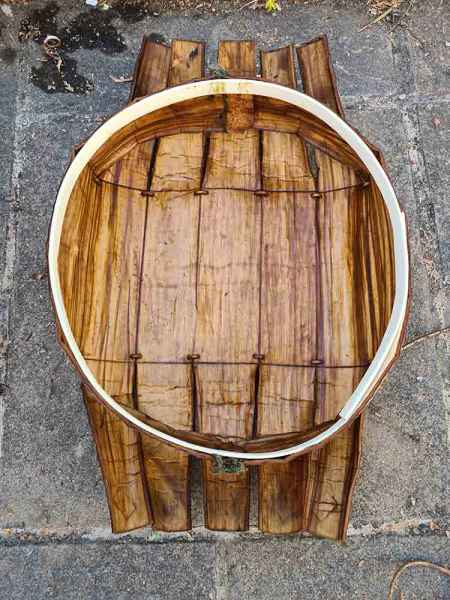
Sweet chestnut trug shape forming
SweetChestnut
Sweet chestnut trug shape forming
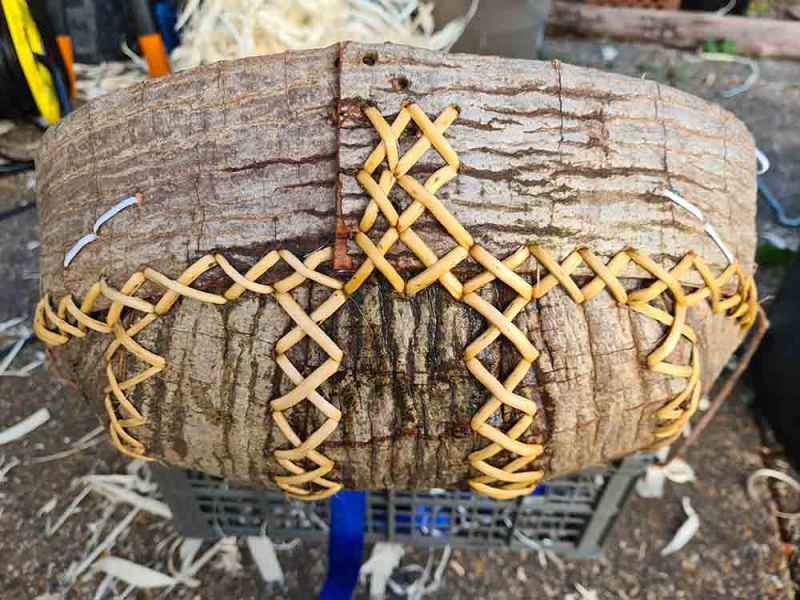
Sweet chestnut trug root stitching
SweetChestnut
Sweet chestnut trug root stitching
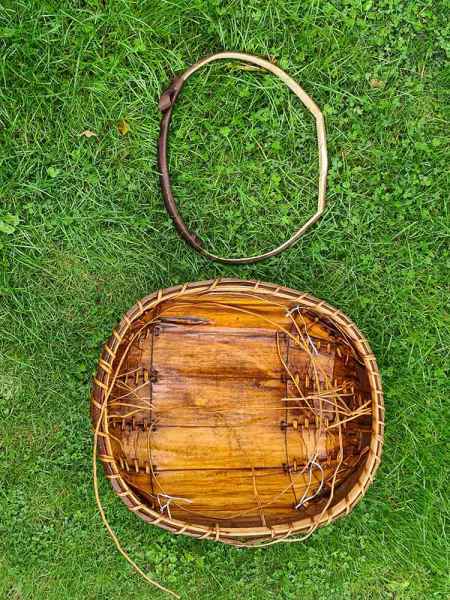
Sweet chestnut trug handle making
SweetChestnut
Sweet chestnut trug handle making
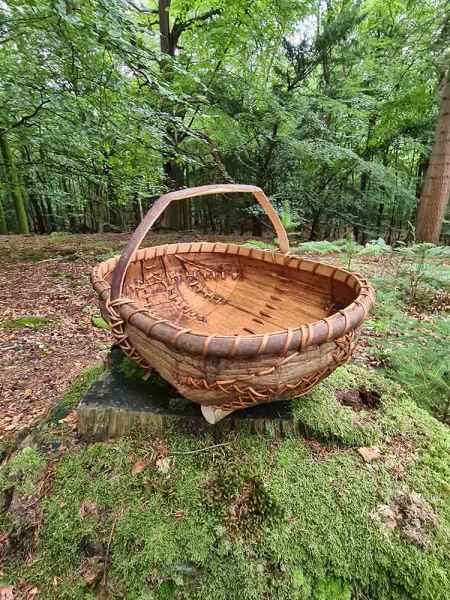
Sweet chestnut bark trug finished!
SweetChestnut
Sweet chestnut bark trug finished!
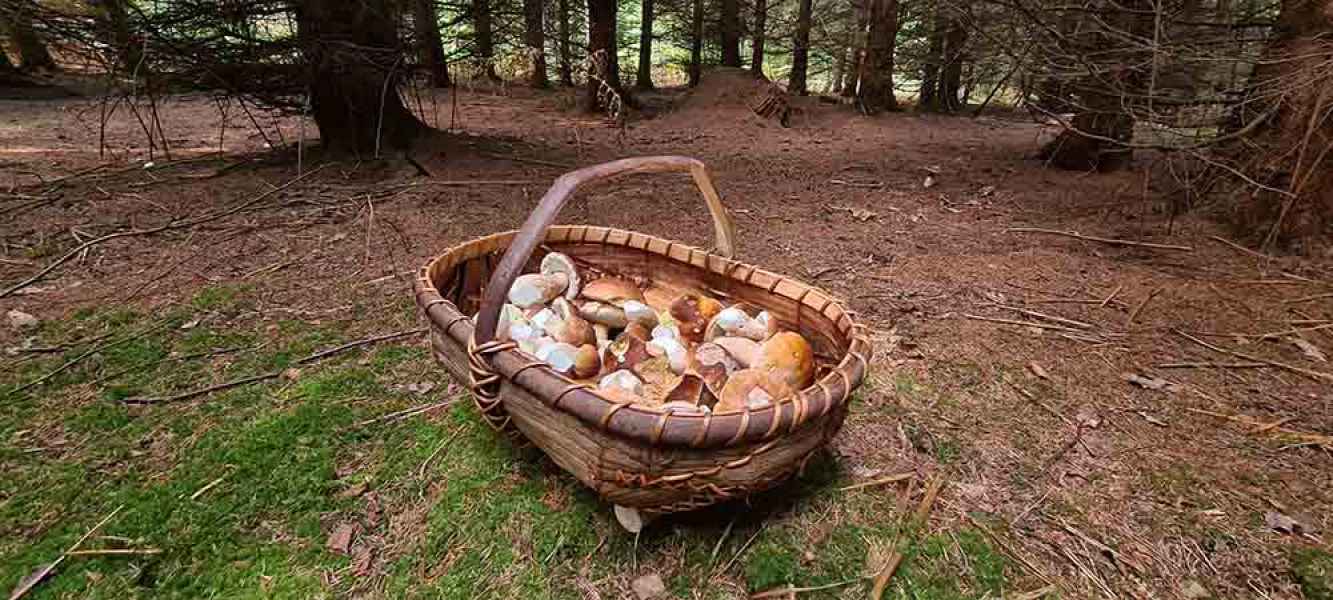
Sweet chestnut bark trug full of Porcini!
SweetChestnut
Sweet chestnut bark trug full of Porcini!
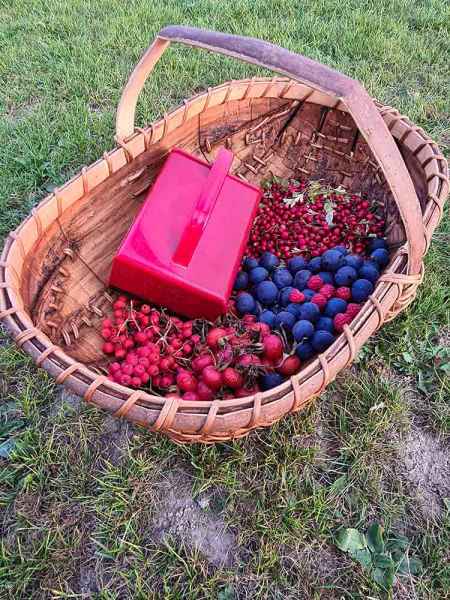
Sweet chestnut bark trug berry picking
SweetChestnut
Sweet chestnut bark trug berry picking
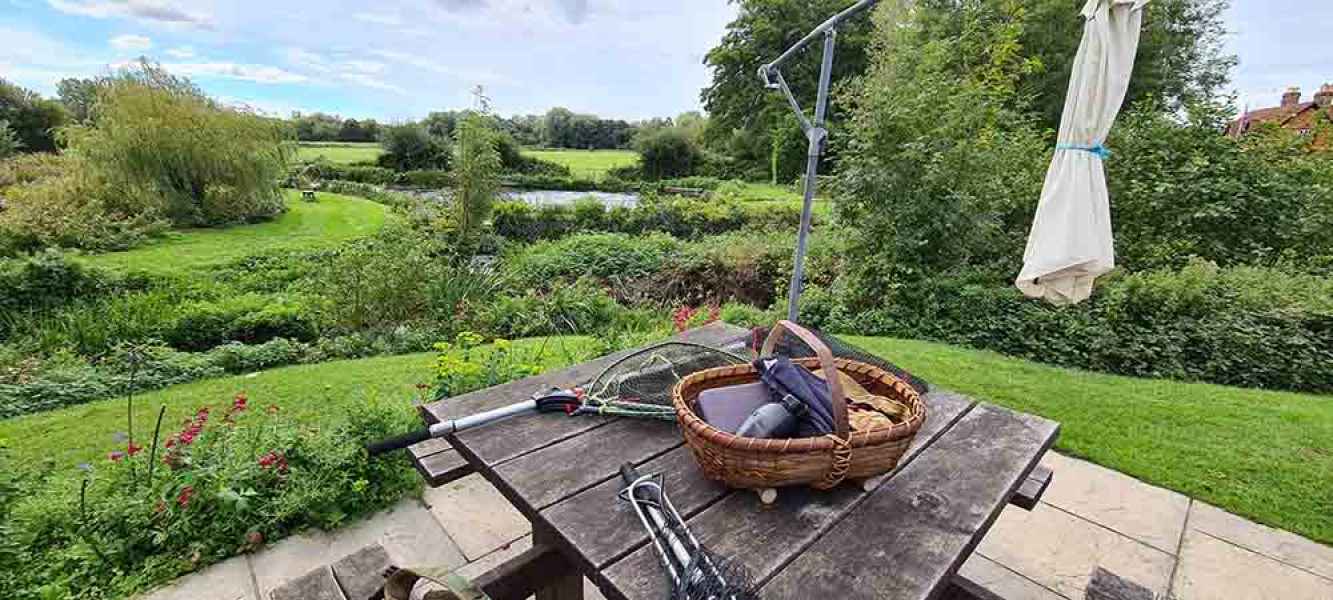
Sweet chestnut bark trug
SweetChestnut
Sweet chestnut bark trug


